Every October for the past few years, I’ve noticed that an unusual phenomenon takes place on Facebook: a significant number of my female friends start posting colors as their statuses. The first time this happened, when I was in high school, my curiosity was piqued and I asked one of my friends about the significance of the colors. She replied, “Oh, it’s our bra colors.” Baffled, I asked what could possibly be motivating this TMI overload. She said, “It’s to spread awareness of breast cancer.” I’m pretty sure I lost brain cells that day just processing the absurdity of that notion.
Slacktivism is informally defined as the act of passively supporting an issue or social cause with minimal-effort measures that have little or no effect other than to tap into the satisfaction that accompanies philanthropy. While most commonly observed on social media outlets, slacktivists can also pretend to actively support charitable causes in real life, such as signing up for grassroots organizations without actually working for them or buying commercial products like those Livestrong bands everyone used to wear in middle school — though at least they actually generate revenue for the cause. That said, Facebook and Twitter seem to have created a trend of people self-aggrandizing through mediocre, half-hearted empathy for serious problems like disease and human rights violations. Anybody remember “I like it in the closet, kitchen, bedroom.” Ladies, suggestive descriptions of where you keep your handbags contributes nothing to battling cancer. This only serves to cheapen the importance of these issues through mindless social media trends.
Slacktivism is easily justifiable by the live and let live tenet — it’s not hurting anyone, is it? In a way, it kind of is: True activist organizations that actually depend on social media are finding a previously potent medium diluted by lazy college students procrastinating in coffee shops. Facebook and Twitter, when used properly, are a couple of the most powerful tools in the world for collective action and grassroots communication for real-world events. The 2011 book “Sandstorm: A Leaderless Revolution in the Digital Age” explores this complex and essential role of social media in the Arab Spring, particularly in Egypt, where information about protests was spread largely through these outlets. Perhaps the best-known example of slacktivism is this year’s Kony 2012 phenomenon, which, in a span of weeks, showed just how vulnerable we are to digital oversimplification of salient problems. Kony 2012 almost broke out of the realm of slacktivity, as it actually raised awareness and money for a previously underrepresented human rights issue; unfortunately, the filmmakers knew exactly the audience they were targeting and vastly misrepresented not only essential information about Joseph Kony, but also solutions to the problem itself. As such, thousands of people foolishly called for U.S. troops to risk their lives in Uganda after watching 30 minutes of propaganda.
This is not to say the Internet plays no role in promoting social or charitable causes. It can help start a dialogue about these issues; in fact, successful campaigns for true solutions to global issues — including those as local as the NYU Oxfam Facebook group — now depend heavily on social media to raise support. It is simply unfortunate that true activism has become somewhat tainted by its evil twin brother. So the next time you think about changing your profile picture to a Pokémon during National Child Abuse Prevention Month, consider the percentage of the 6 million American children who are abused each year whose living situation will improve because of your Geodude.
A version of this article appeared in the Thursday, Sept. 20 print edition. Sameer Jaywant is a staff columnist. Email him at [email protected].








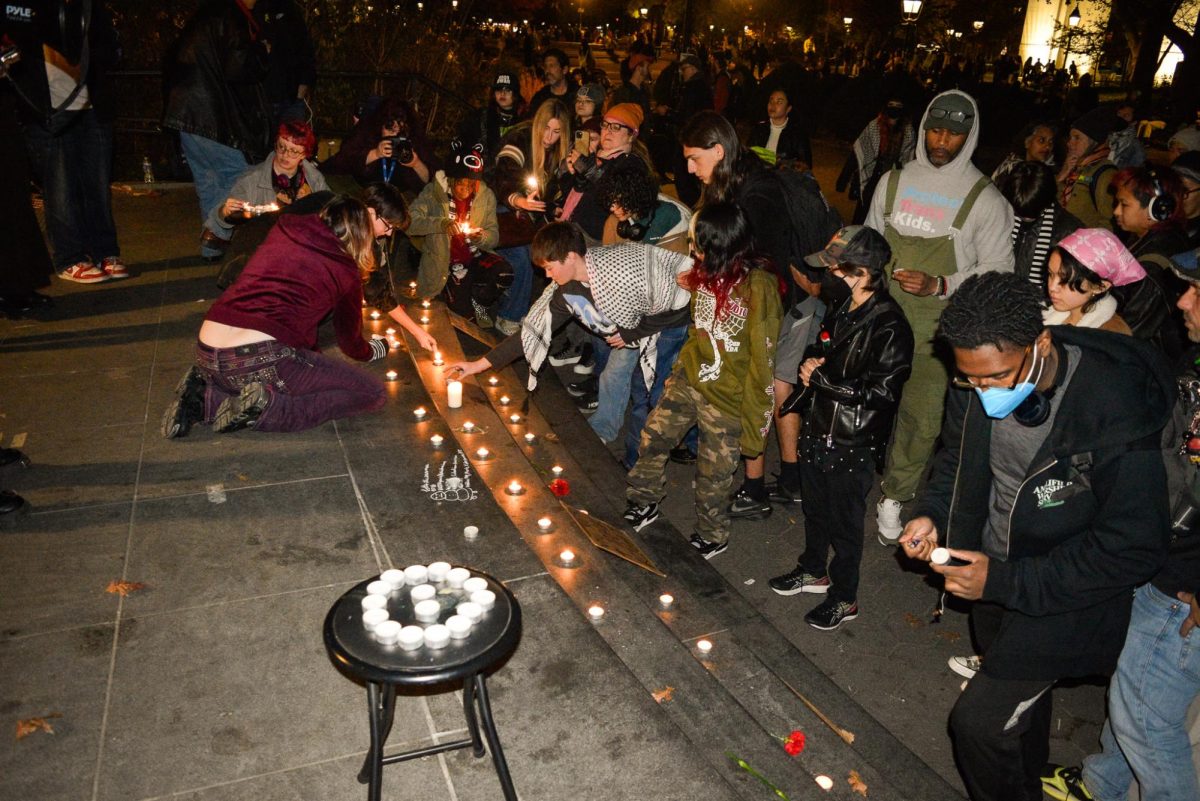




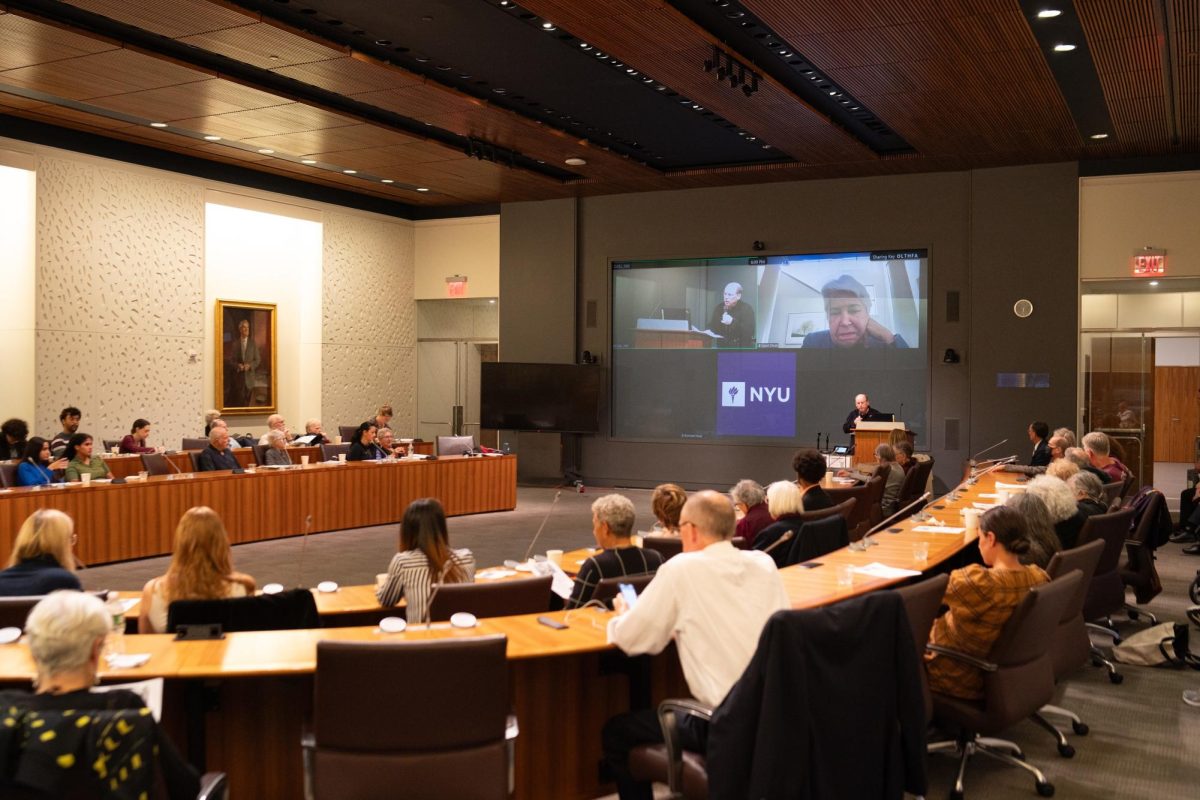




















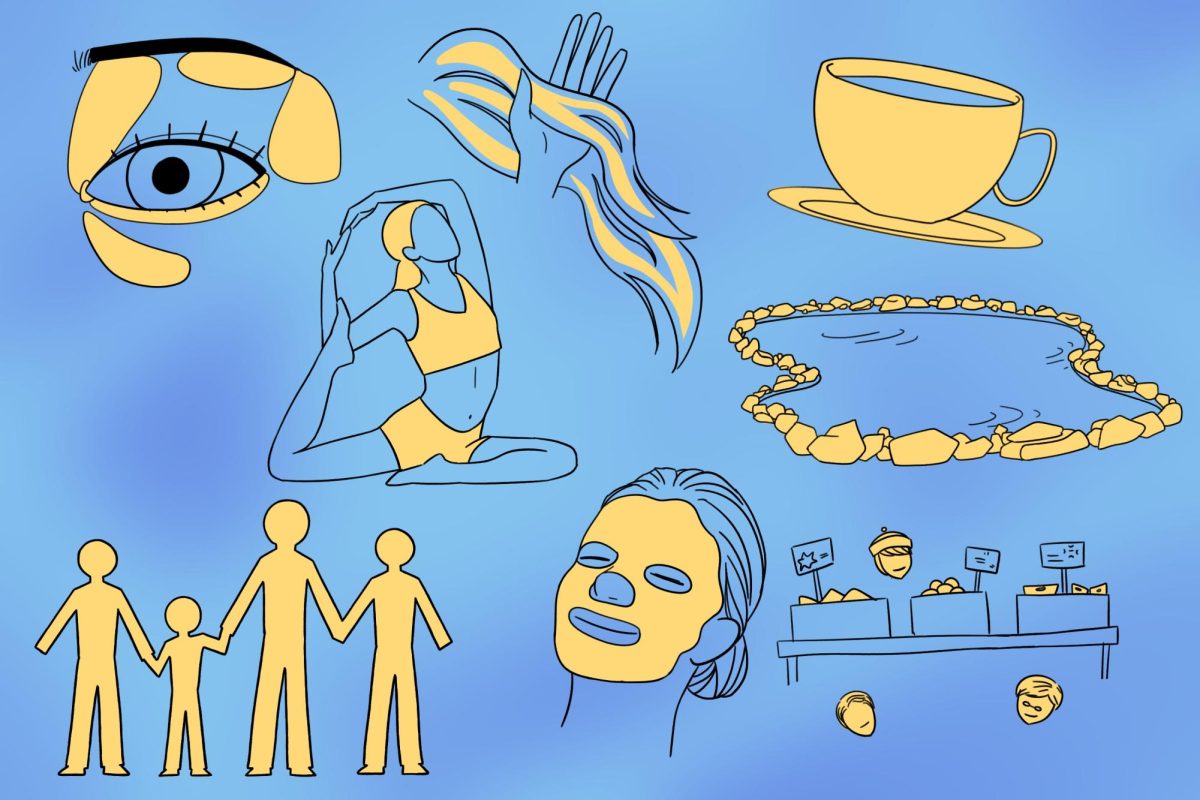






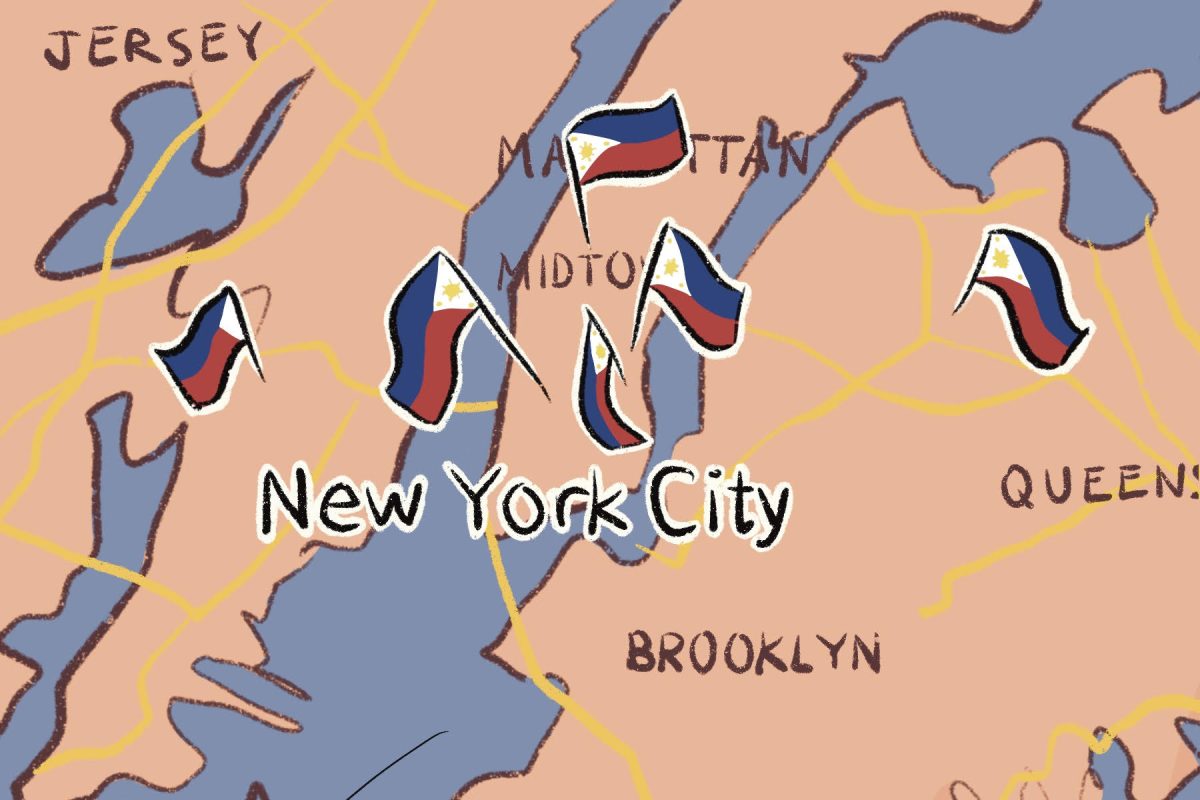
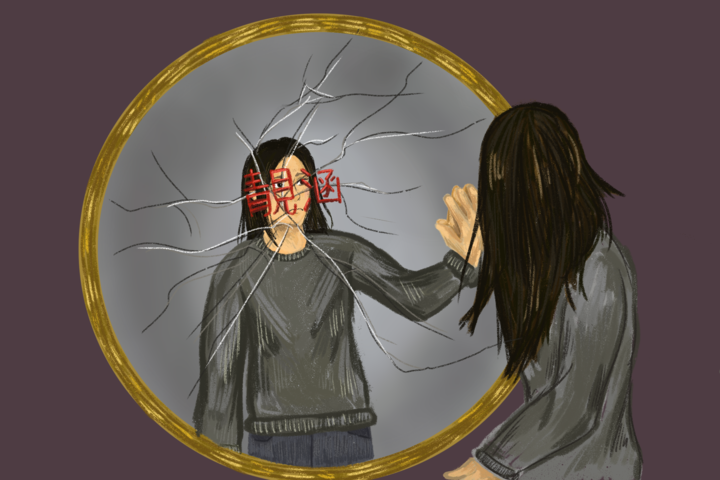

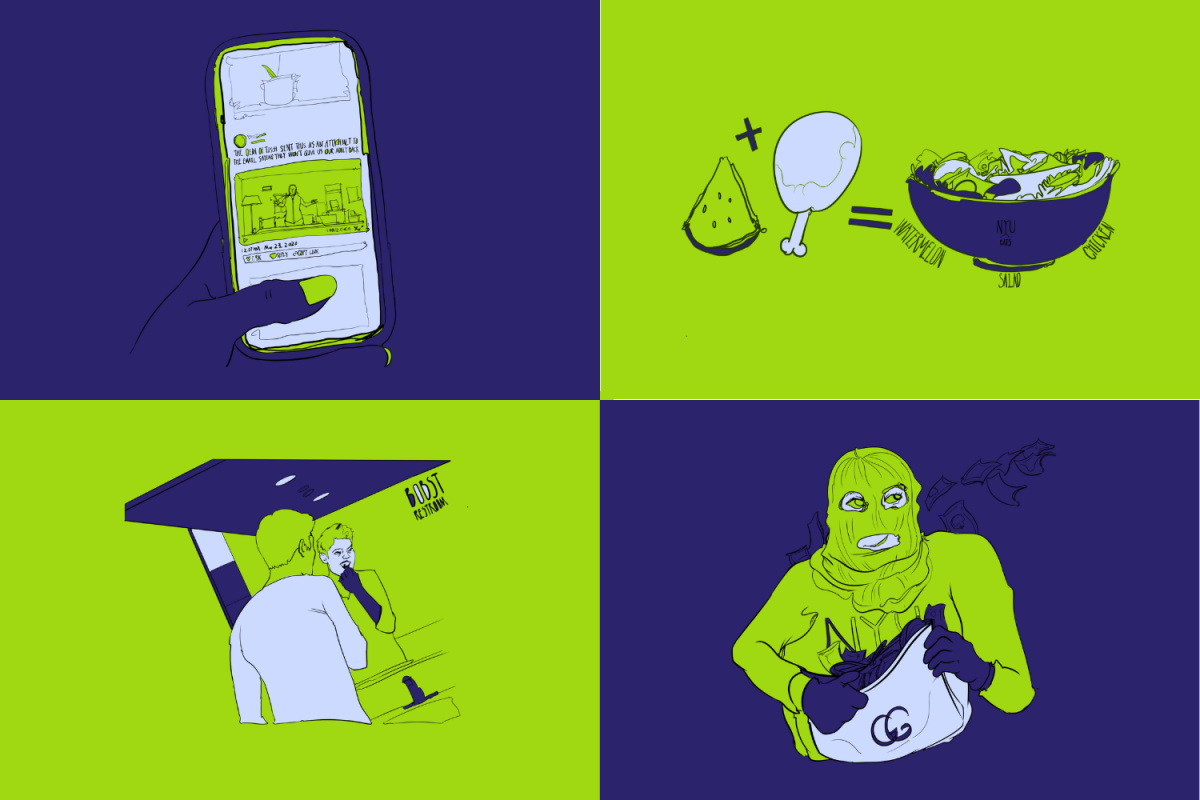


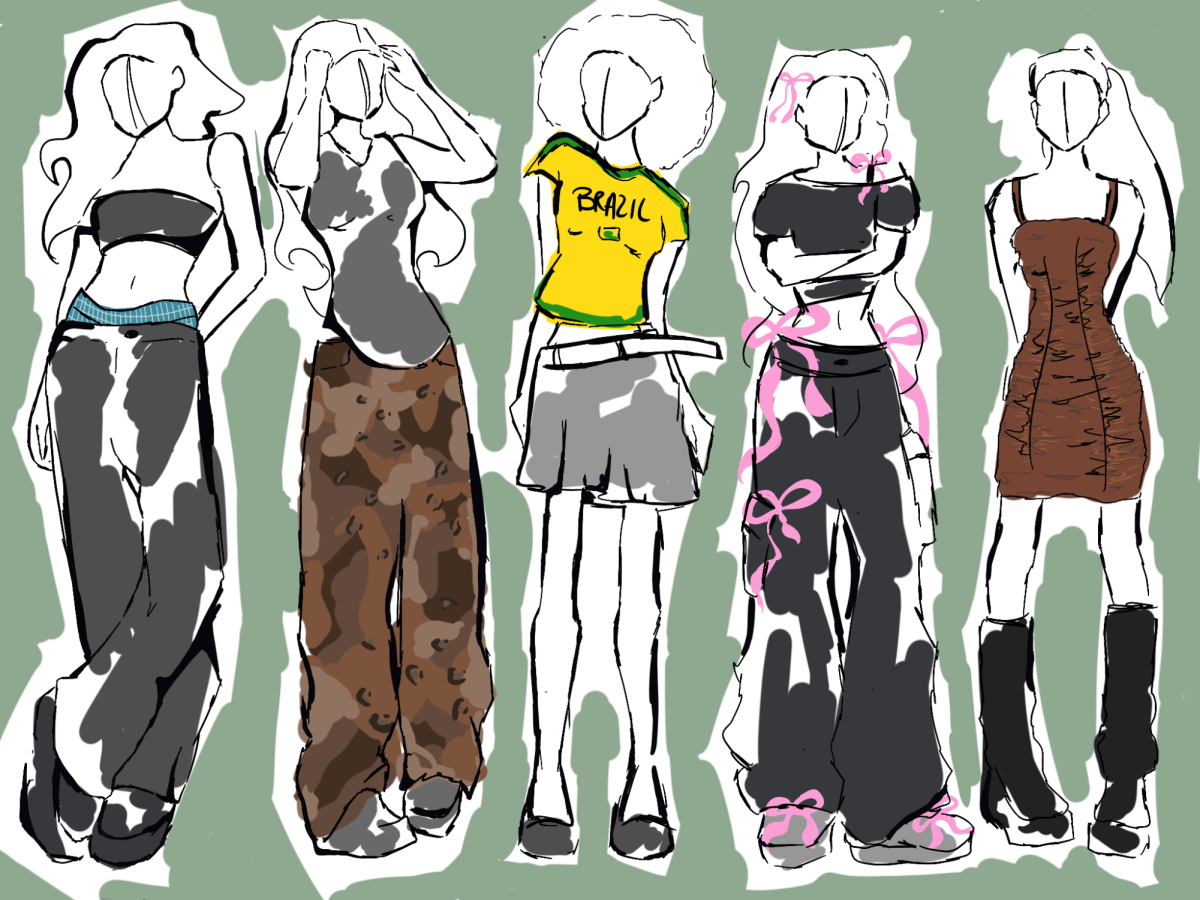







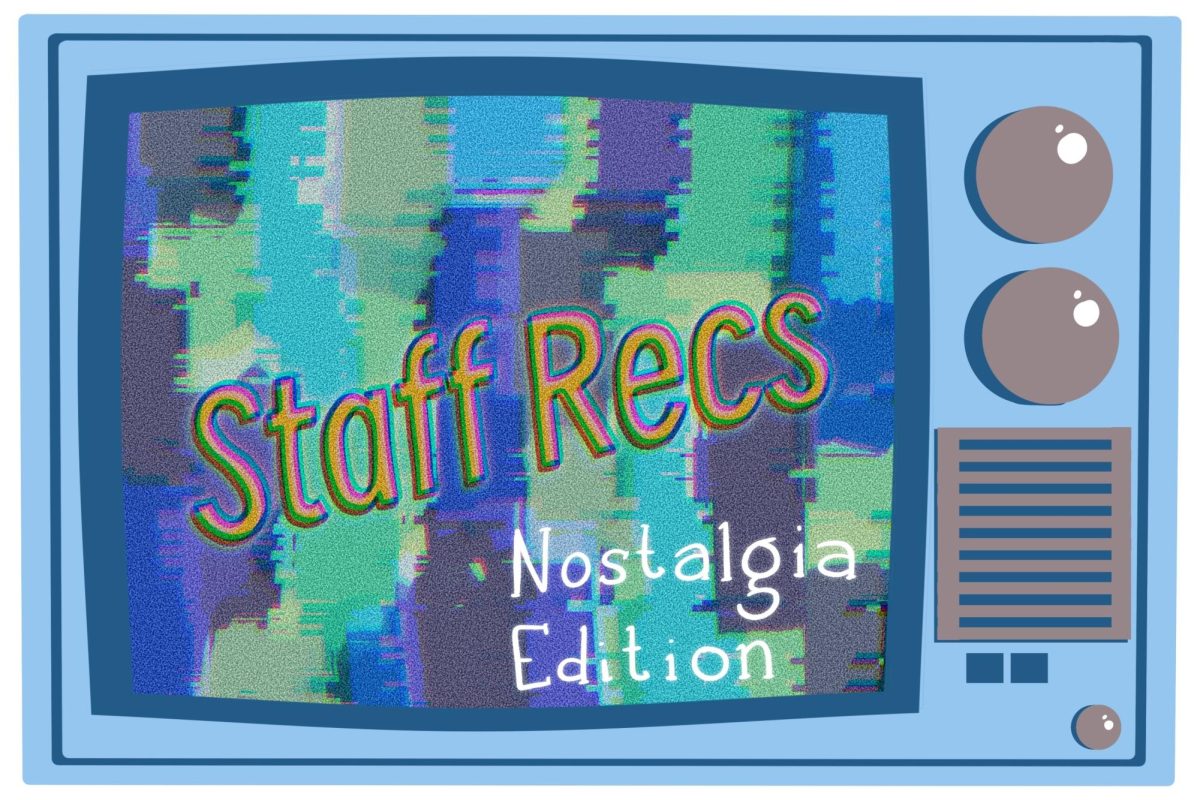




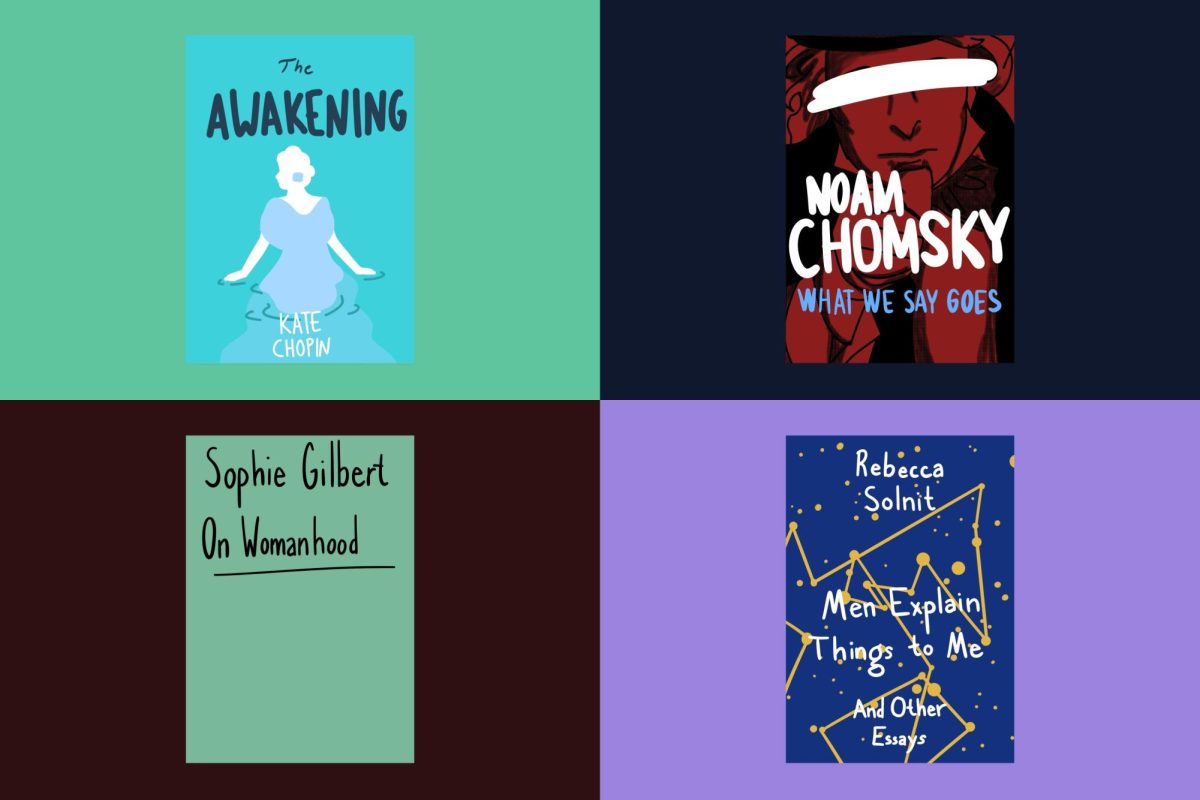














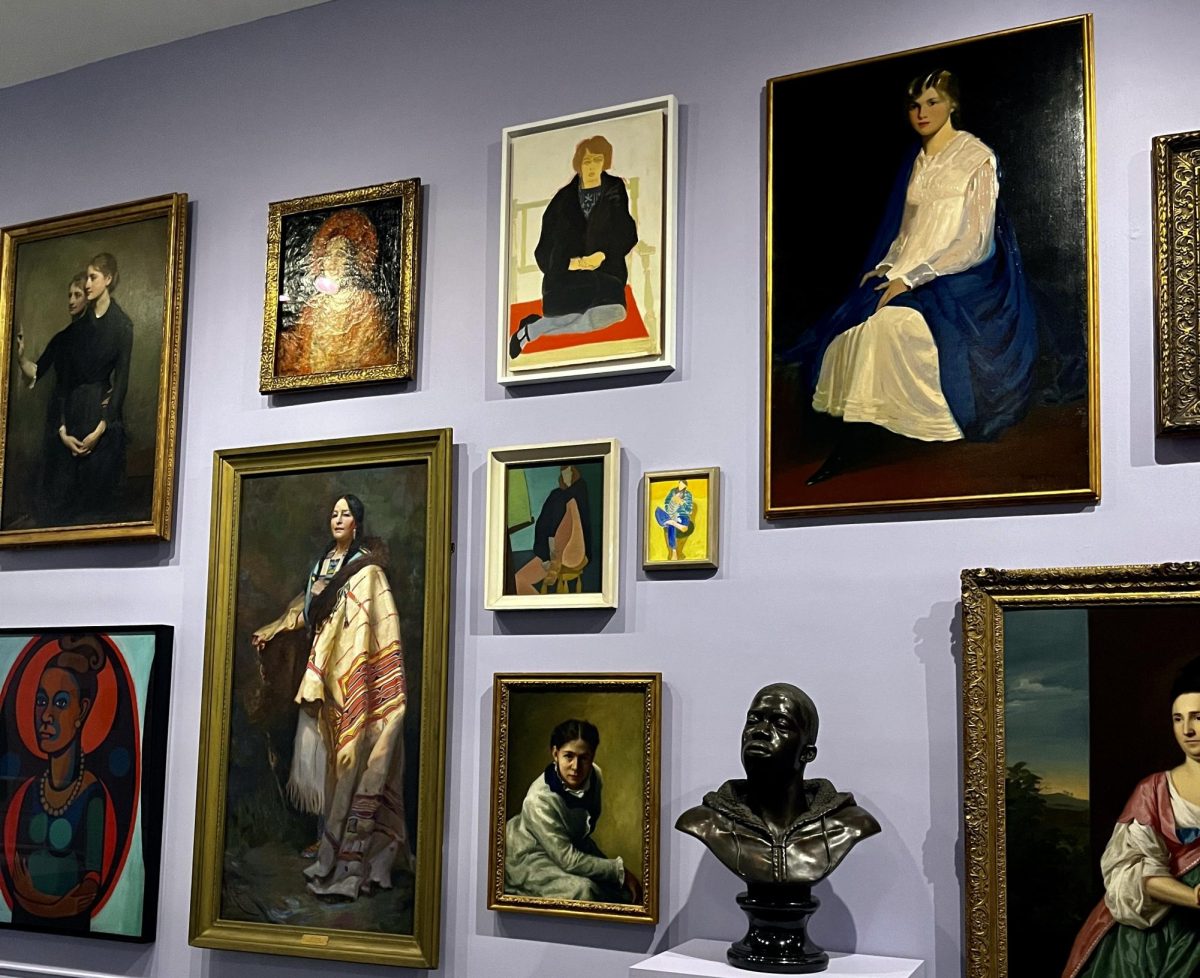



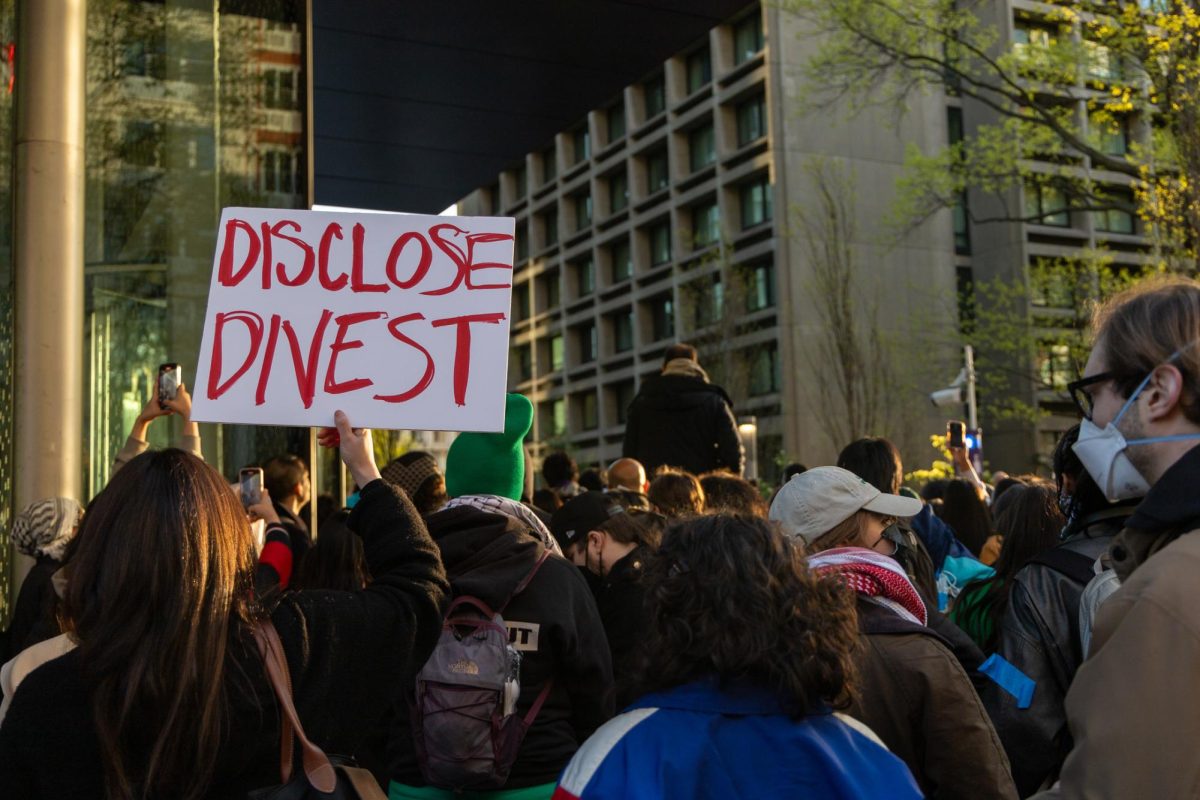
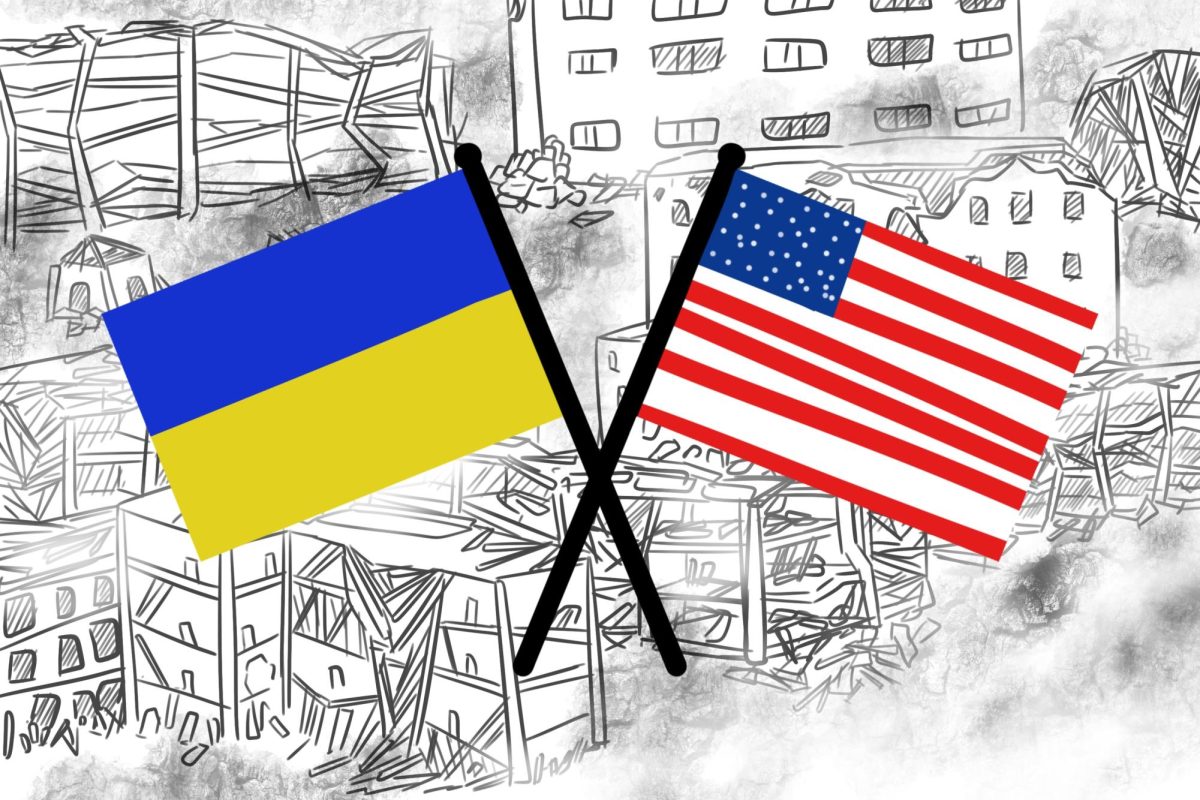
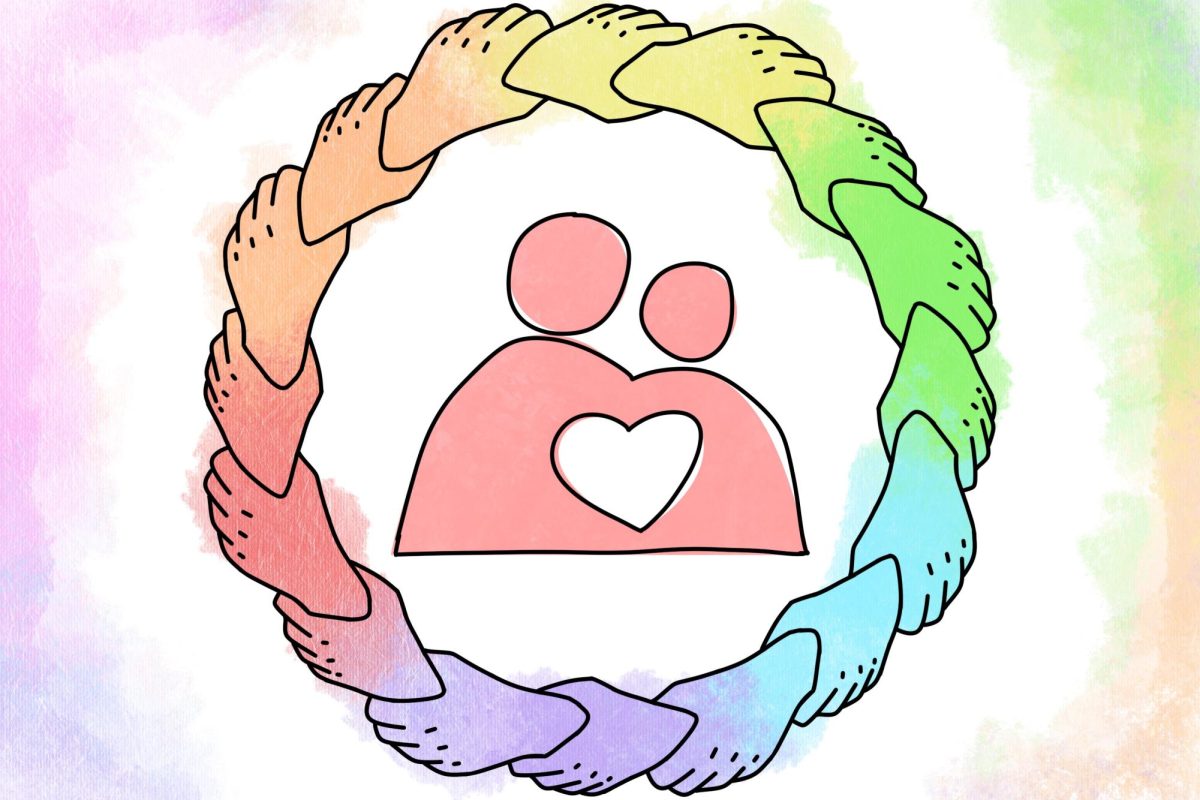















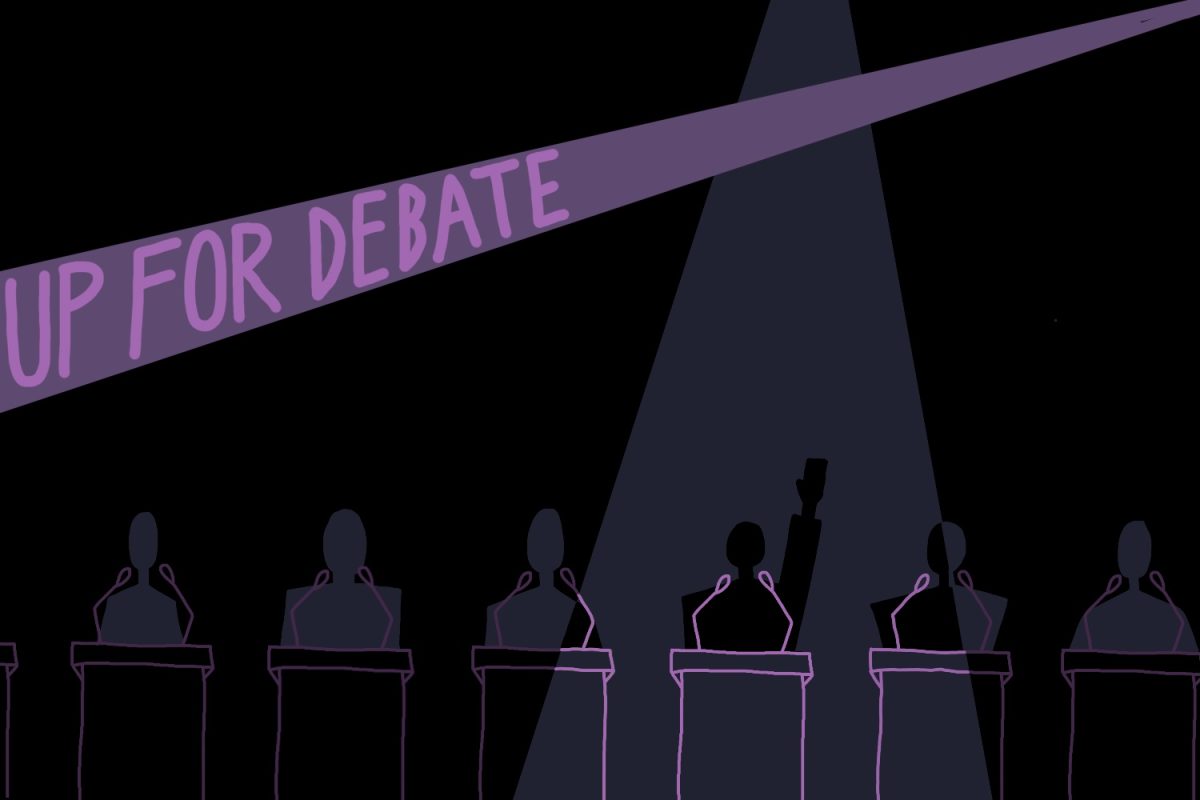


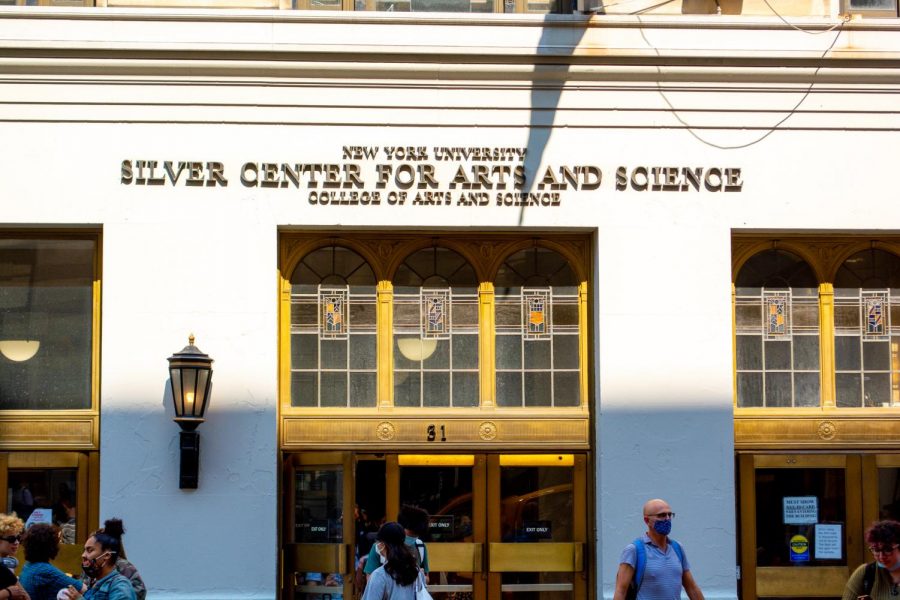
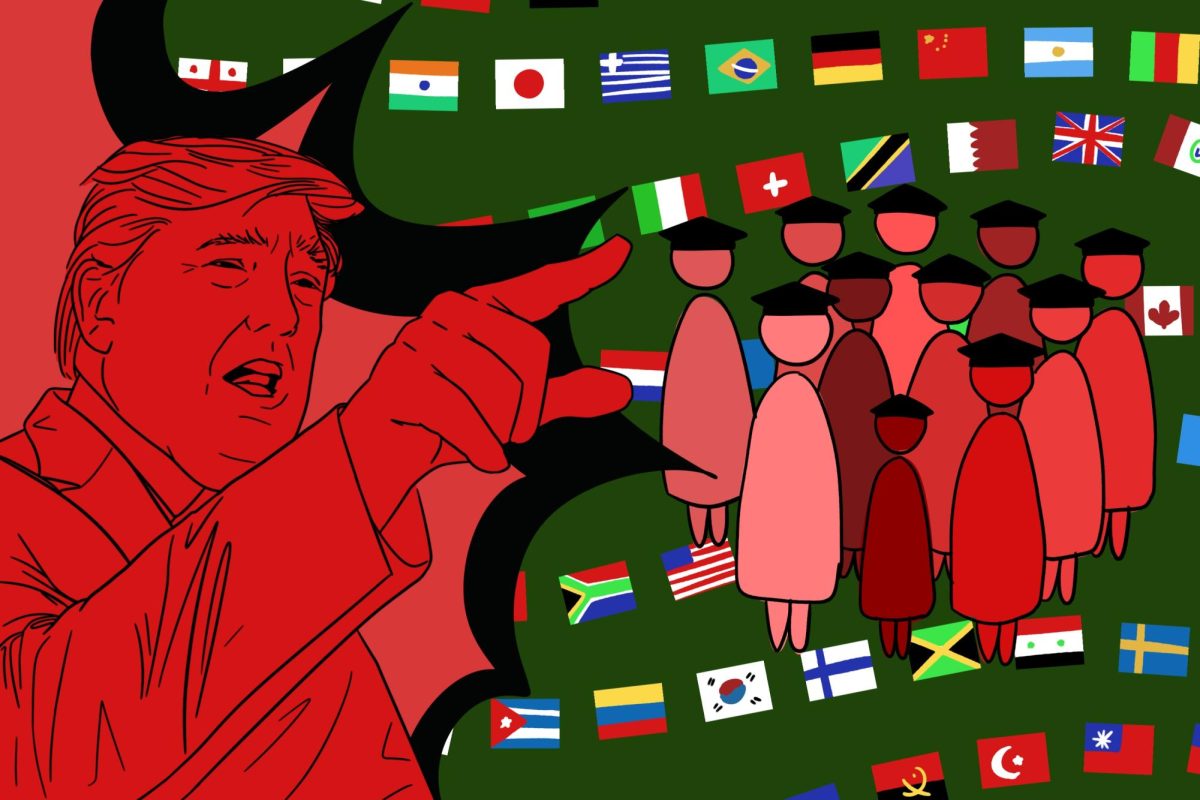





































Bruce Wilson • Oct 7, 2012 at 12:15 pm
As I have covered in detail, Invisible Children is in fact an evangelical ministry, which has been described at “The Gathering” — probably the most elite yearly gathering in America of right-wing evangelical funders and pioneering social engineering ministry leaders — as a “next generation mission. Invisible Children is registered as a dues-paying ministry with the evangelical public-relations nonprofit The Barnabas Group. IC founder Jason Russell has called Invisible Children a “Trojan Horse”.
See: http://www.talk2action.org/story/2012/10/4/8152/79475 and http://www.talk2action.org/story/2012/4/16/223727/559/
Best,
Bruce Wilson